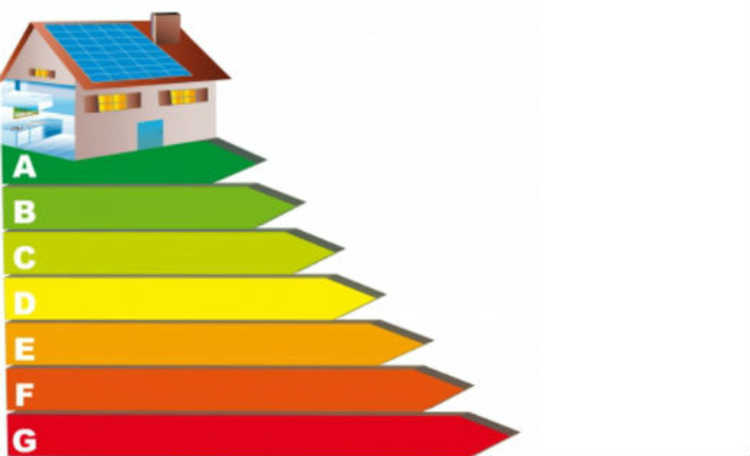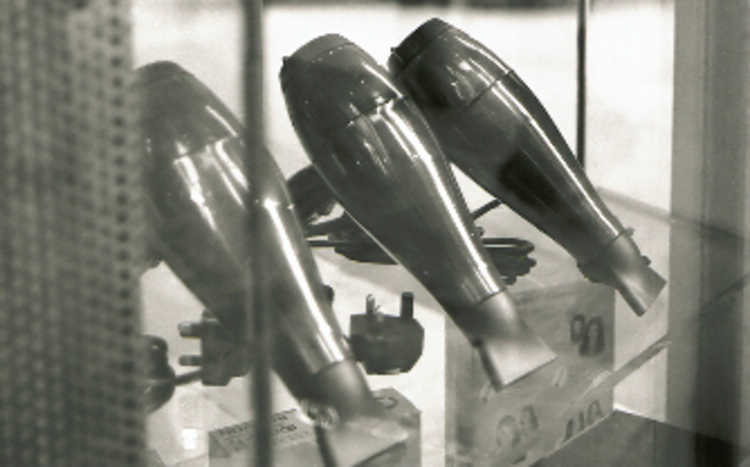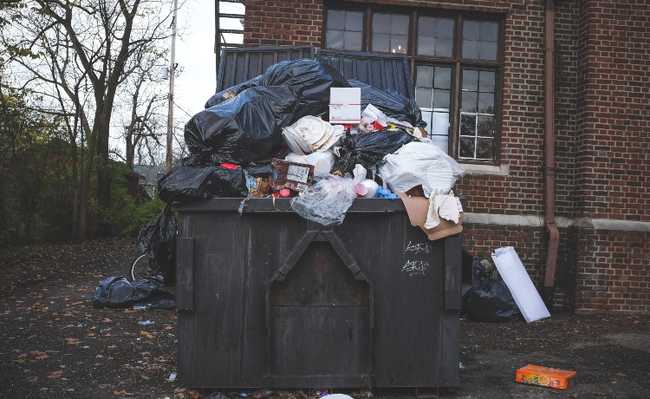Aneel encourages domestic energy production
Aneel's resolution is an attempt to make the energy matrix more sustainable and also helps consumers reduce their electricity bills
The Brazilian energy matrix is one of the cleanest in the world, comprising around 45% of renewable sources, according to Portal Brasil. This does not mean that the inhabitants of the country are more ecologically aware than those in the rest of the world, but that green fountains are easier and cheaper to install in the country compared to others. The growth in energy consumption provoked the need to expand the production and distribution of the resource throughout the country.
One of the alternatives to potentialize the energy sector, but without overloading the public coffers, is the decentralization of production. In April 2012, a resolution from the National Electric Energy Agency (Aneel) came into effect that facilitates and encourages access to mini-generation and micro-generation using clean energy sources, such as hydraulic, wind, solar, biomass or qualified cogeneration. The resolution also created the Energy Compensation System, in which excess energy can enter the local distribution network and generate consumer credits. This is also a way to make the Brazilian energy sector more sustainable, as investment in thermoelectric plants has grown in recent years, in an attempt to avoid the risk of a blackout, such as that which occurred in 2001.
Investment that pays off
The initial investment for the consumer can be high, but the agency assures that there is a return and there is still the possibility of "profit". The installation price of a photovoltaic panel system is approximately 9,000 reais, but the high energy tariffs make up for the expense. If the same amount of money is deposited in the savings account, at a rate of 0.5%, it will earn the consumer R$45 per month. However, a home generator can reduce electricity bill expenses by up to R$75 per month. This difference in profitability can be a stimulus for those who have a little money saved and decide to invest in an ecological and profitable way of producing energy.
In this way, the Federal Government will be able to reduce part of the R$ 36 billion needed in investment in transmission lines over the next 10 years, according to the Electricity Research Center (Cepel). It is also a way to increase independence from fossil fuels, which are responsible for a portion of national inflation.
The government is betting on the growth of solar energy in the energy matrix, which today has a timid contribution to the national electricity grid. Brazil is an excellent market for photovoltaic panels, it has an average solar radiation of up to 2300kWh per square meter, according to Cepel's Solarimetric Atlas. The encouragement of solar energy will ease concerns about the reservoirs of hydroelectric plants, which in recent years have suffered from lack of rain and excessive sun.
The decentralization of energy production will allow for an even more ecological and sustainable energy matrix, according to the entity. And so, there will be a contribution for Brazil to be able to reconcile the benefits of geographic position and current political issues to escape the blackout without harming the environment.











